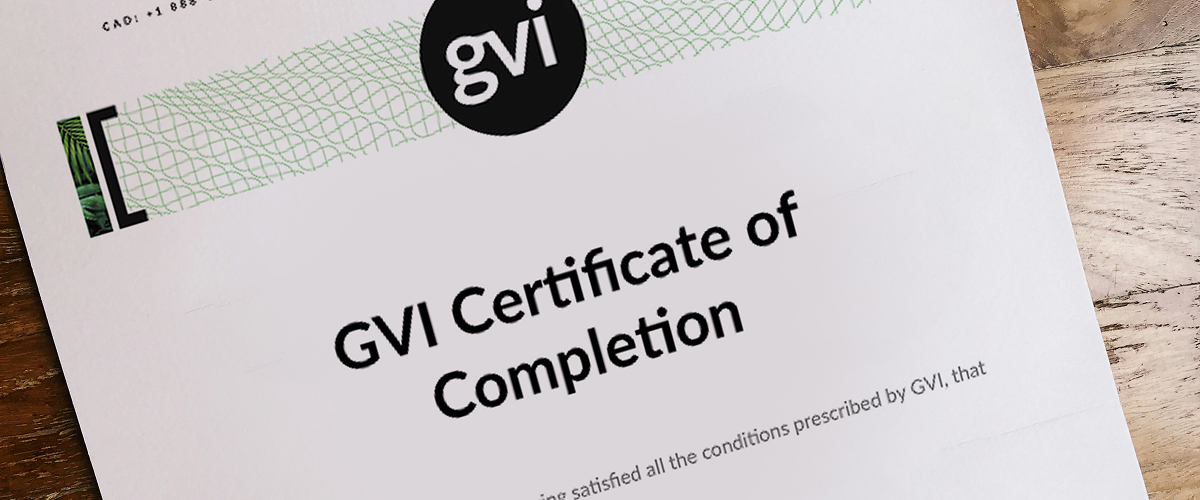

Course information
Book before the end of February 2026 and receive up to a USD140 scholarship
Passionate about achieving access to justice for those who have experienced domestic violence? Determined to reduce abuse against vulnerable groups like children, refugees and women?
Complete the Human Rights and Advocacy online course to kickstart your career in this diverse and fascinating field, and help tackle these global issues. This online course incorporates key concepts, tools and terminology that are used to analyze the achievements and failures of justice systems. Throughout, you’ll study the skills that are needed to implement successful human rights initiatives.
The curriculum of this human rights and advocacy course has been shaped through two decades of GVI’s experience in running community development and women’s rights initiatives on bases around the world. You will also learn about the history of human rights and the milestone, the Universal Declaration of Human Rights (UDHR) as well as other key human rights treaties. As such, you will come away with a solid foundation of understanding surrounding key human rights issues, project funding, and managing social justice initiatives.
This course is for anyone who is looking to start a career that makes a meaningful impact on the world. Whether you are 16 years old, a career starter or a mid-level professional, the course will help you pursue a vocation that focuses on reducing inequality and promoting a high quality of life for all people.
After completing this course you’ll be able to:

Want to show colleges, universities and employers that you’ve got the knowledge and skills covered in this course? Once you’ve successfully completed any of our courses, we’ll send you a digital certificate of completion at no additional cost. The certificate will feature the official name of the course and your name. Add the certificate to your college application, your graduate school application, your job application or your LinkedIn page.

Throughout the course, you’ll study a range of cases, detailing the successes and pitfalls of human rights initiatives throughout the world. You may review an inquiry into how a Ghanian coalition of disability rights organisations work to reduce misinformation, harmful interventions, and the stigma of “disabilities”. Their aim is to prevent violence against disabled persons and advocate for an increase in governmental financing to provide specialised support.
These case studies will provide an understanding of cultural relativism, and explain how cultural, political, religious and economic factors can often change what the most effective implementation method of a human rights initiative is.
You’ll also study The Universal Declaration of Human Rights and the 30 rights and freedoms that are detailed within. It was the first global agreement to prioritise human equality over political power, and is arguably the basis for all human rights initiatives around the world. You will take away a standard to compare every individual and organ of society to in terms of freedom and fairness.
Finally, the course will allow you to look ahead, into the future of human rights. You will be challenged to answer questions such as: What emerging global challenges can we predict? What changes are required to confront regimes weaknesses? How can we work to facilitate those changes?





